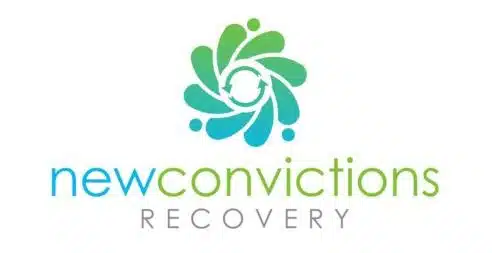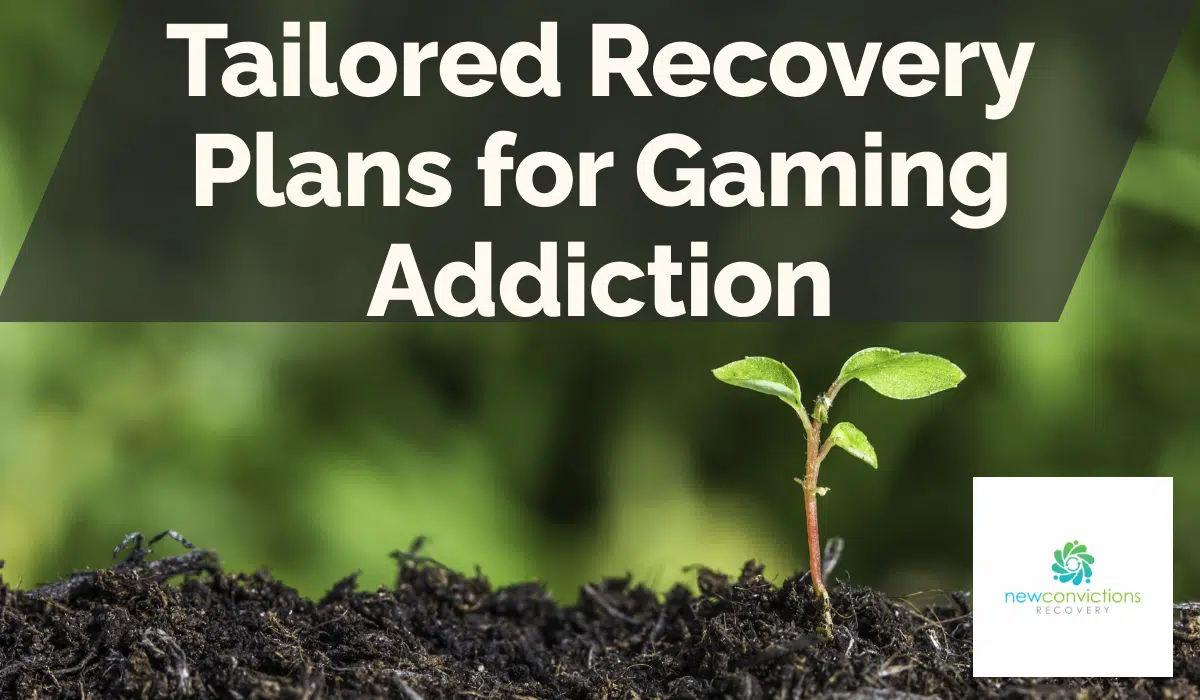Addiction, in any form, can disrupt lives, drain resources, and impact mental health negatively. This harm isn’t limited to well-known vices like drugs or alcohol – digital vices like gaming addiction too can upend lives. Personalized recovery plans effectively address gaming addiction by focusing on the individual’s unique needs and situations. This article explores how these tailored recovery plans help individuals struggling with gaming addiction get back on track.
The Rising Concern of Gaming Addiction
Over the past few years, gaming addiction’s prevalence has been growing alarming. An increased level of engagement in games, to the point where it takes precedence over other life interests and daily activities, is a clear indicator of gaming addiction. The World Health Organization officially classified gaming addiction as a disorder in 2018, underlining its seriousness.
Understanding the Role of Personalized Therapy
As with any addiction, individuals struggling with gaming addiction have distinct backgrounds, triggers, and coping mechanisms. Personalized therapy in gaming addiction treatment takes into consideration these factors to create an individualized treatment plan. This approach is beneficial as it respects individual differences and adapt therapeutic techniques to suit the person’s unique needs.
Tailored Recovery Plans: A Closer Look
Creating a tailored recovery plan for treating gaming addiction starts with a comprehensive assessment of the individual’s mental, emotional, and physical health. This assessment forms the foundation upon which the personalized therapy is structured.
- Identifying triggers: Understanding what triggers the addiction helps in formulating strategies to avoid or cope with these situations.
- Establishing goals: Defining clear, attainable goals is essential in any recovery plan. These give the individual something to strive towards and serves as markers of progress.
- Building resilience: Strengthening mental and emotional resilience is a critical part of recovery. This involves teaching the person ways to manage stress, confront challenges, and face setbacks without resorting to games.
Engaging Family in The Recovery Process
Family support plays a vital role in the individual’s recovery process. Including loved ones in the plan can be instrumental as they provide emotional support, encourage healthy habits, and help reinforce the strategies learned during therapy sessions. Thus, family therapy becomes an important component of a comprehensive, tailored recovery plan.
Frequently Asked Questions about Tailored Recovery Plans
What makes tailored recovery plans more effective?
Tailored recovery plans prove more effective because they take into account the individual’s specific needs, goals, capabilities, and situation. These personalized plans are built around the individual rather than forcing the individual to adapt to a generalized plan.
Are tailored recovery plans suitable for all types of addiction?
Yes, tailored recovery plans are beneficial for all types of addiction, including gaming addiction. The key is that the plan must be designed and implemented by experienced therapists who understand the intricacies of addiction and the person’s unique situation.
Conclusion
Addressing gaming addiction calls for full understanding of the individual’s environment, triggers, family dynamics, and coping mechanisms. Personalized recovery plans rooted in this comprehensive understanding offer the best chance for lasting recovery. With qualified therapists guiding the process, individuals can regain control of their lives and build a satisfactory way of living without excessive gaming.

